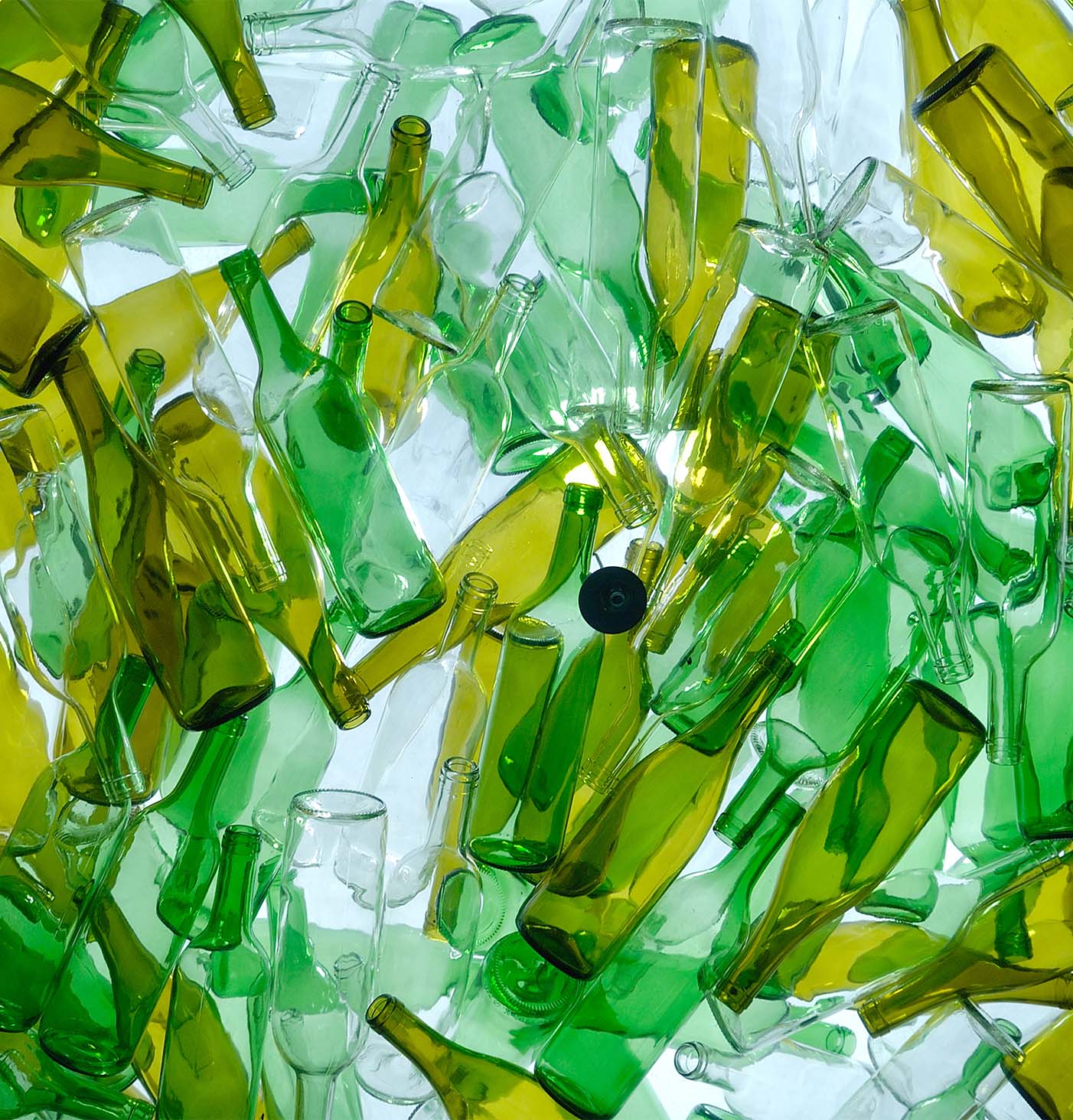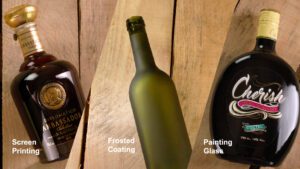State of the Industry: Why Recycled Glass Is Preferable to New Glass


Why is new glass difficult to get these days?
Unfortunately, as a result of the recent worldwide pandemic, several companies and manufacturers have been forced to suspend (or significantly reduce) glass production, making it virtually impossible to satisfy current demand. Getting back on their feet after being closed (or operating at a reduced capacity for an extended time) can be exceedingly challenging, even more so if they’re not operating at full capacity, owing to health and safety regulations. And now that COVID-19 vaccinations are a key priority for both the public and health sectors, the quantity of glass committed to the cause is reducing the amount of glass available to other businesses even more. As a result, scarcity exists.
Glass shortages will undoubtedly have a negative impact on the construction sector. Already burdened by timber and labor shortages – as well as price increases over the previous 12 months – the construction sector has been hammered by the pandemic. During the shutdown period, people invested both time and money to restore or modify their houses, increasing the demand for materials. However, the industry has struggled to keep up with this decline in output and rapid growth in demand. Now, due to the difficulties in locating and obtaining new glass, the industry has been significantly harmed once again.
Why are glass bottles costly?
Not only is new glass costly to export, but it is also expensive to create, owing to the quantity of heat needed during the manufacturing process. Glass manufacturing is an energy-intensive process, accounting for 1% of total industrial energy consumption, in a study of the manufacturing sector conducted by the Energy Information Administration (EIA). Natural gas accounts for the majority of this energy.
Plastic has a significantly lower melting point than glass, and as such it requires less energy to manufacture. The production of plastic containers has become even more inexpensive due to advancements in plastic molding technology. It was even cheaper to manufacture new plastic than it was to recycle it, at one time.
Advantages of glass bottle reuse
In the past, what beverage businesses were unaware of was that the habit of reusing glass bottles contributed to reducing trash in landfills. It turns out that plastic is not the better packing material in any way other than weight and break resistance. Glass bottles are more sanitary and better at retaining the contents’ taste, strength and scent – not to mention their visual appeal.
Industry status
In general, there are several advantages to reverting to the tradition of packaging soft drinks in glass bottles. However, the current state of affairs is perhaps the most significant impediment to reintroducing reusable glass bottles as the industry standard.
Due to the lack of standardized glass packaging, each bottle is unique. This can complicate reuse since we must methodically select our glass bottles, in order to identify what may be recycled and where. The procedure is not clear for the customer currently, but after the pandemic finally wanes it might become more so.
To find out more about glass recycling, packaging and design, visit bpsglass.com or call us in Miami at +1 470 864 3065.



